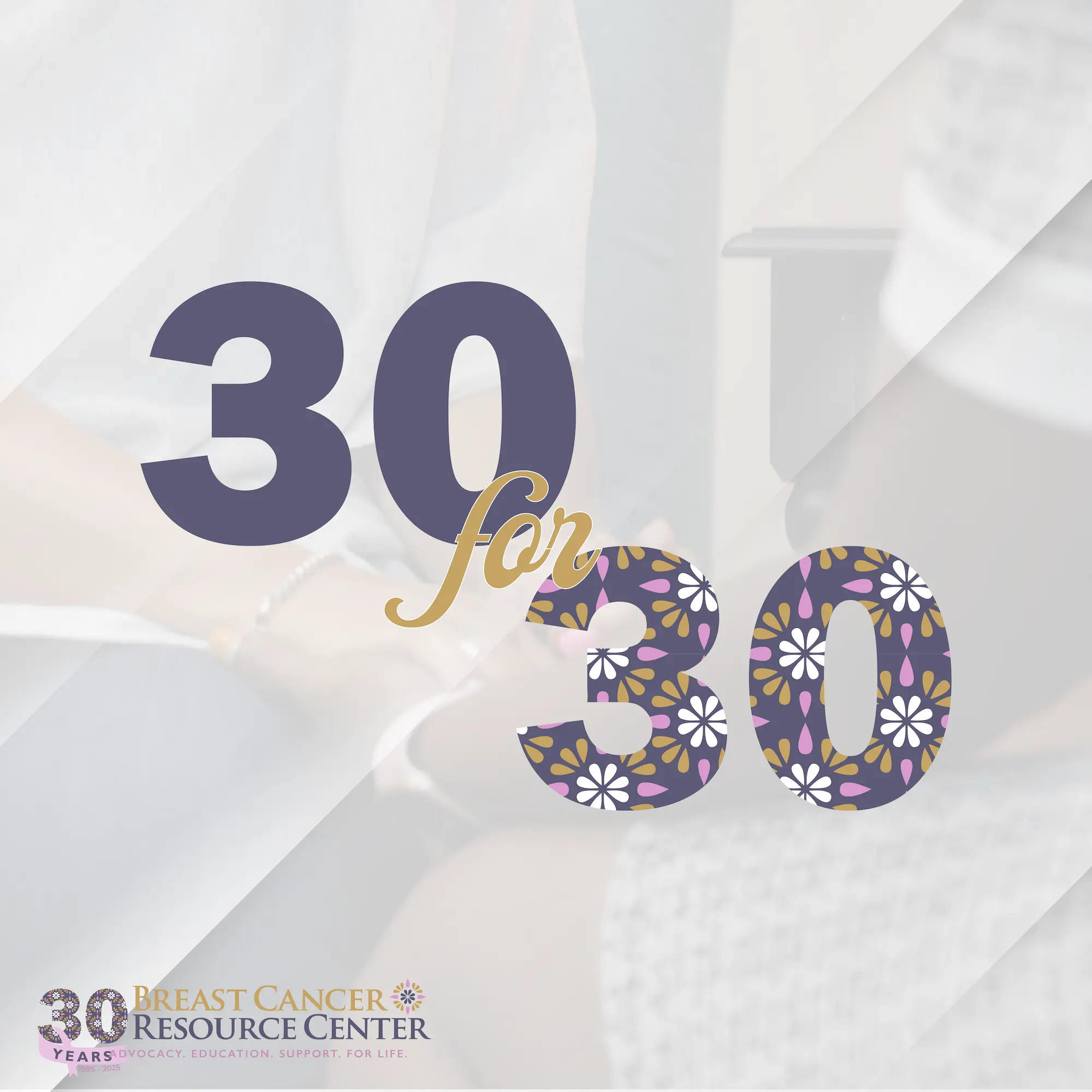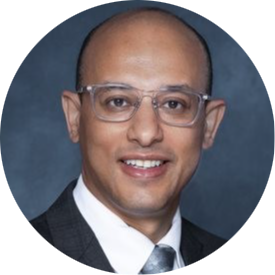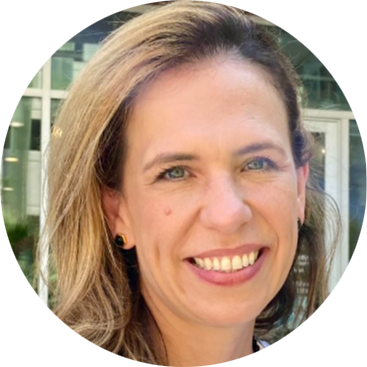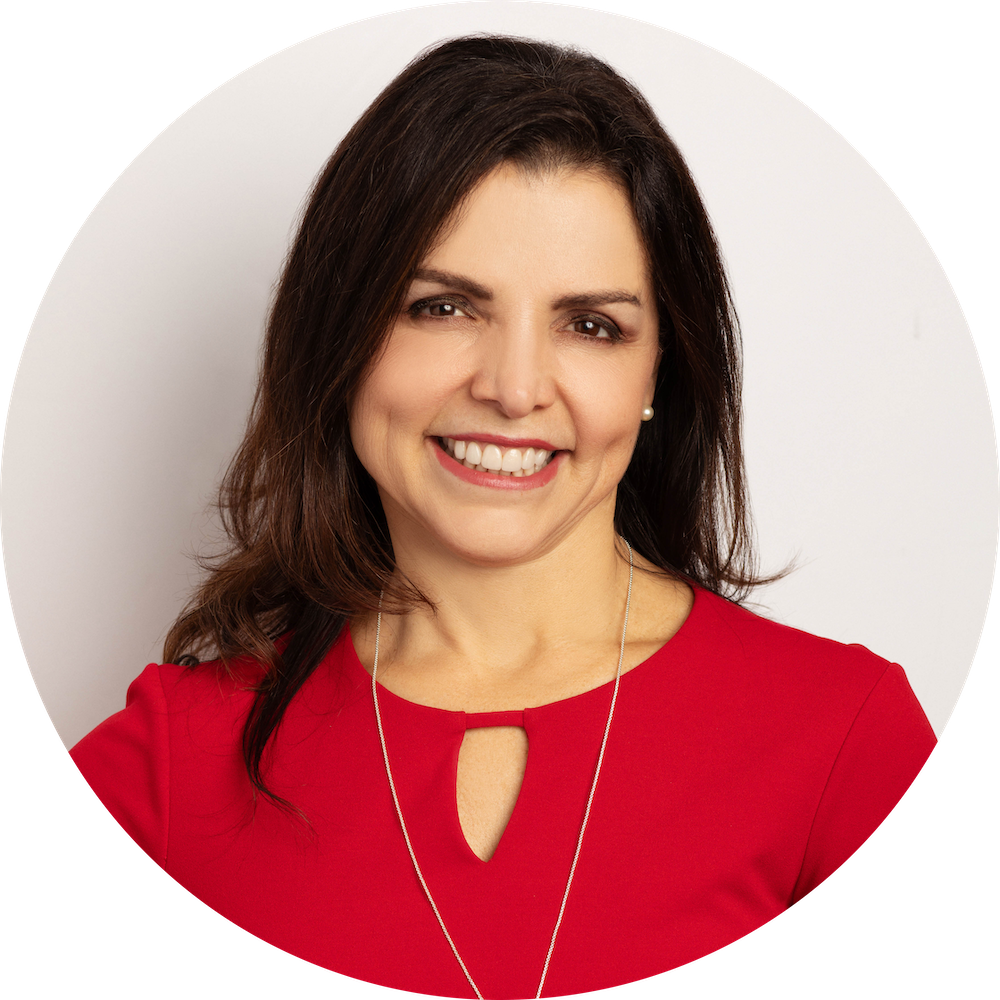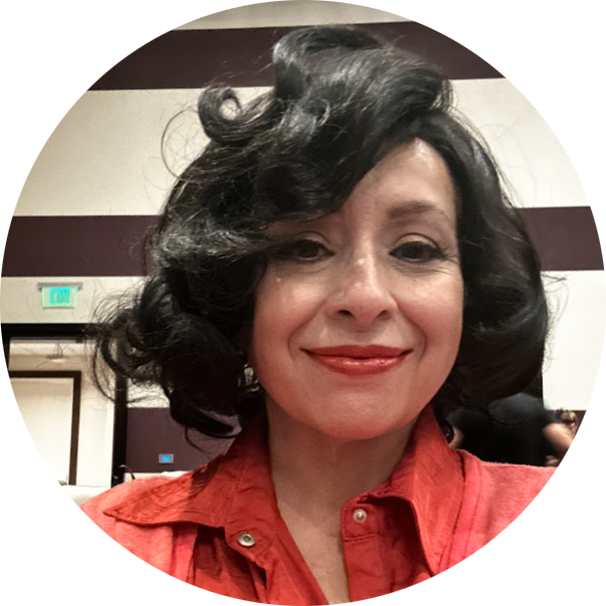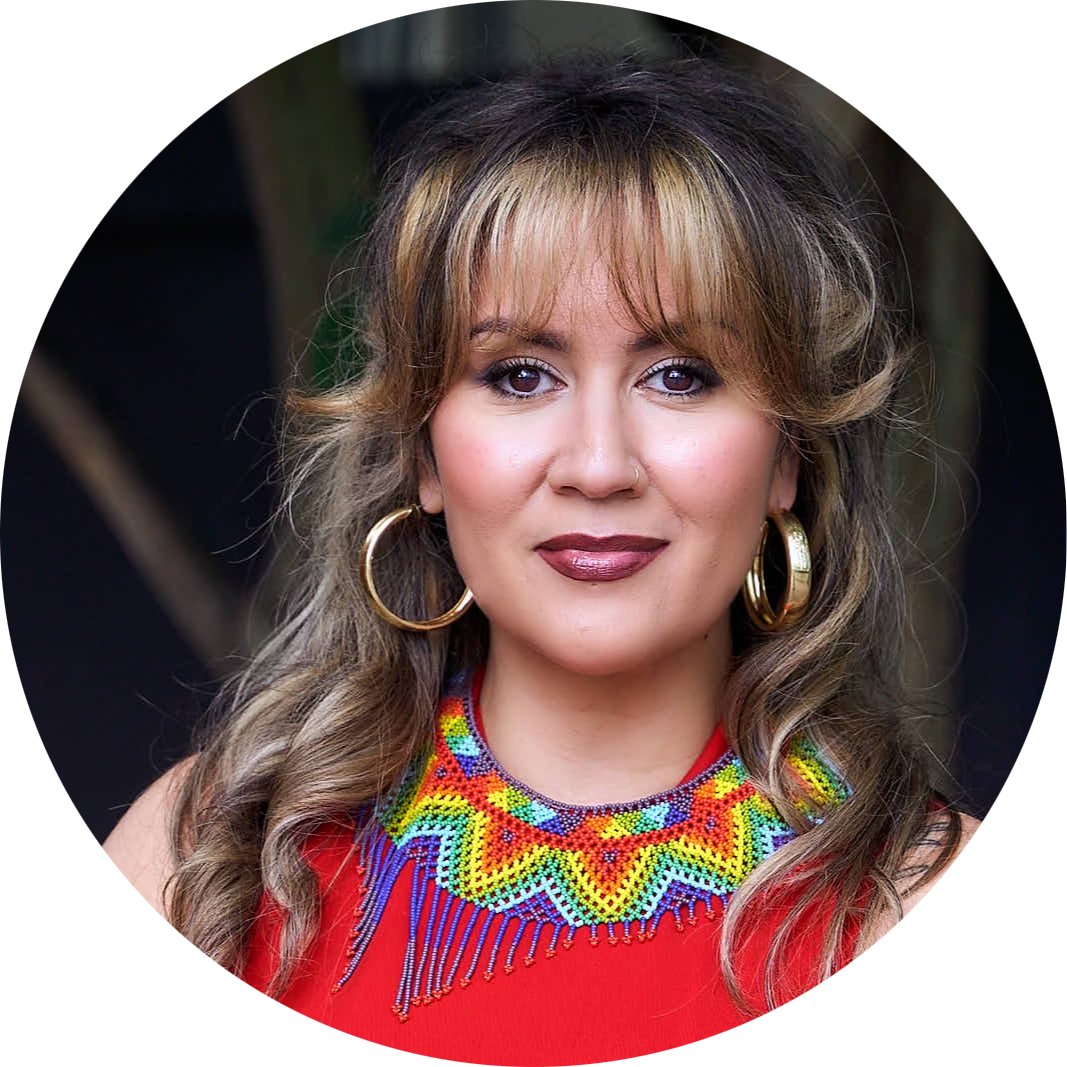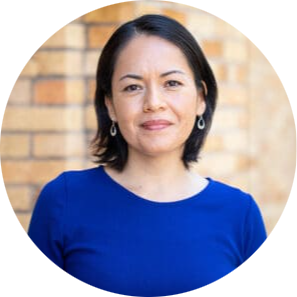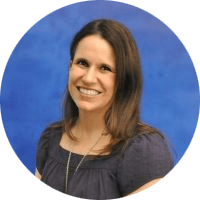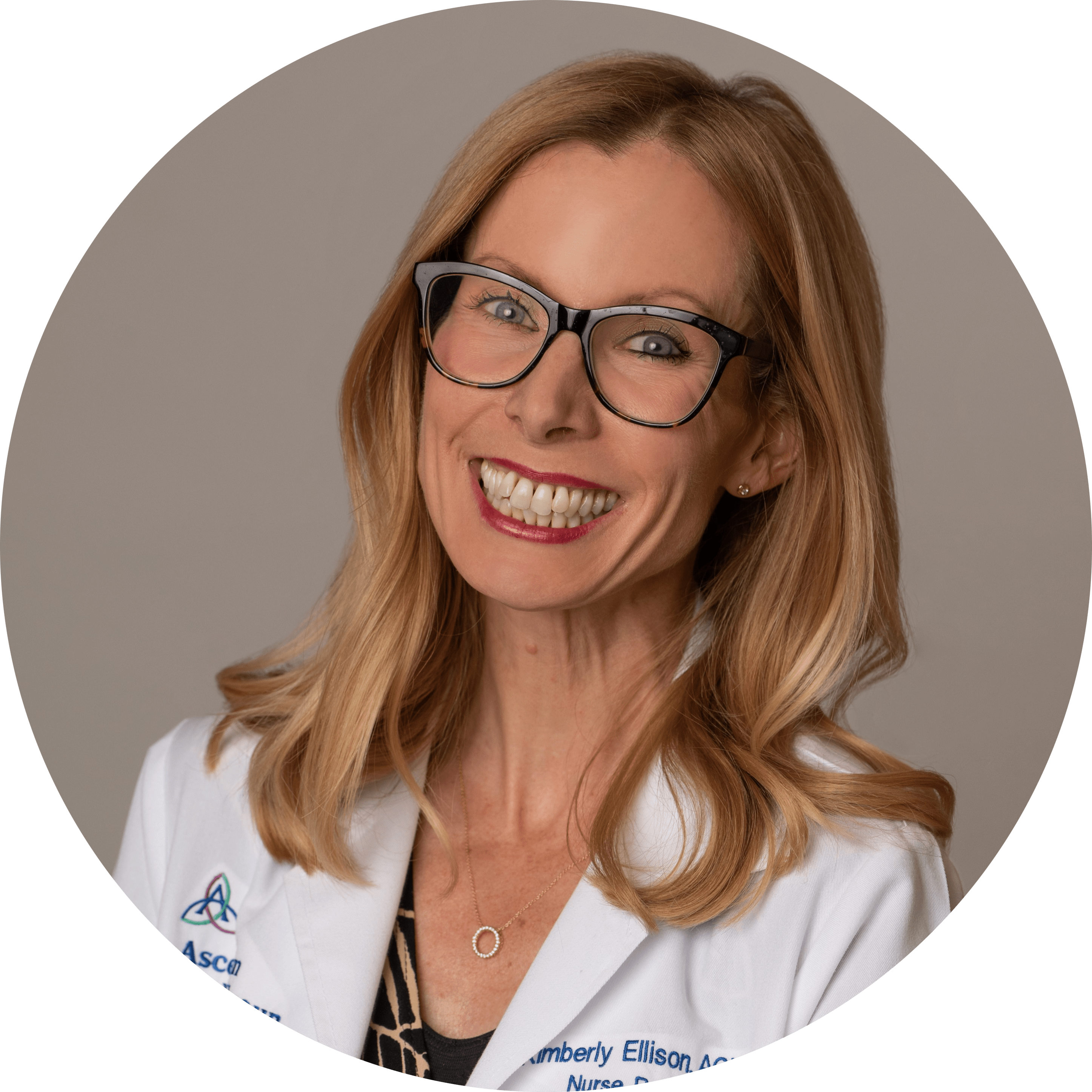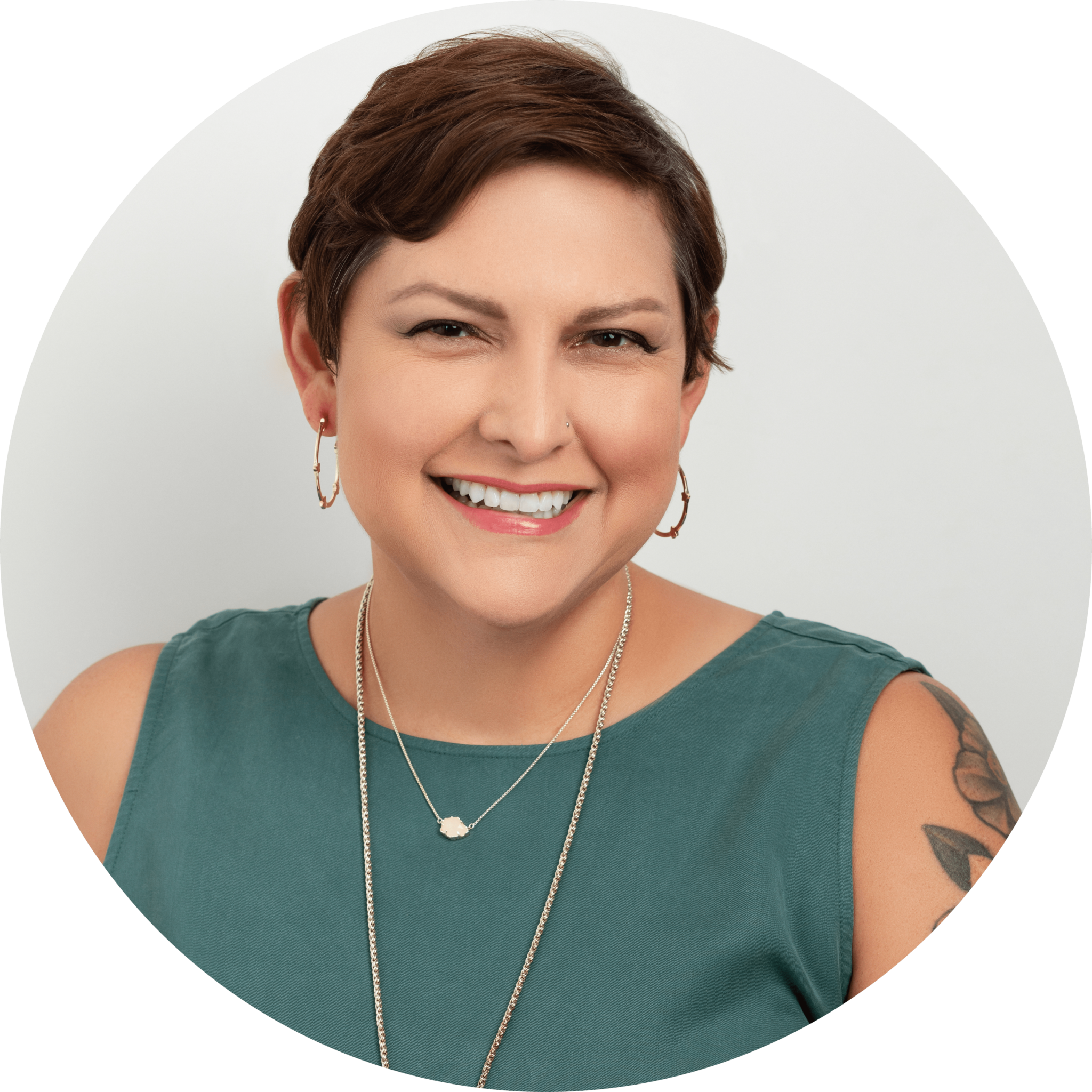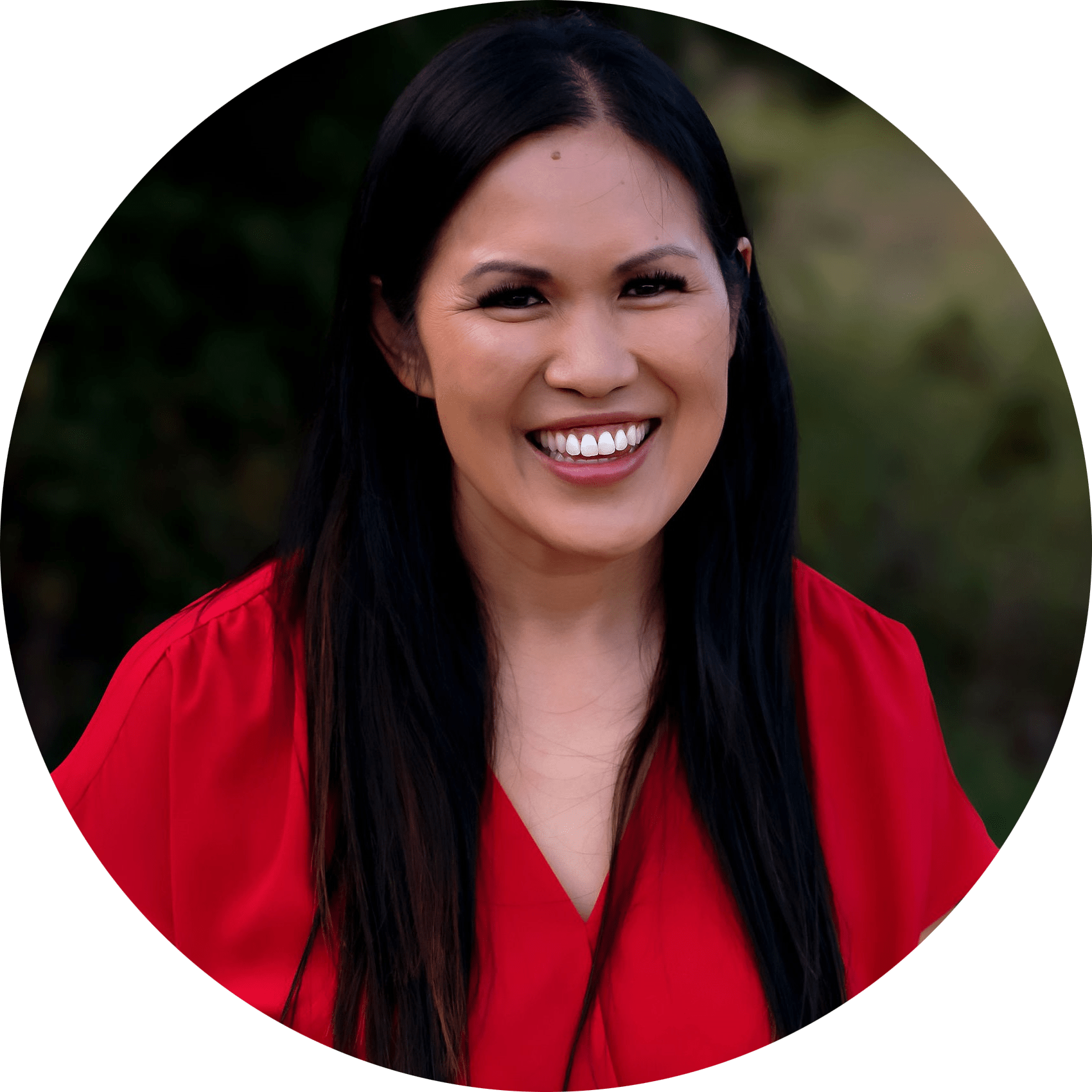Right now as your eyes are scanning over the words in this sentence you can actually perform the function of reading with astounding proficiency and yet, if your mind is elsewhere, you may not absorb anything. How many times have you caught yourself several paragraphs into an article and realized you haven’t comprehended a thing? Annoyed, you go back to the beginning and you choose to focus as you read. This is the simple action of turning your brain’s auto-pilot mode off and activating your mental awareness. Once you are aware, you are now actively engaging your brain mindfully, and the result is you comprehend what you are reading.
Unfortunately, on a day to day basis, very few of us actually live our lives with awareness in the moment; mostly because we haven’t been conditioned to be present. In fact, societal pressures and modern technology have encouraged us to be quite the opposite. Shouldn’t you be able to text your friend while perusing a menu for something healthy to eat at the same time you are in the middle of a conversation with your boss? The problem with this modern way of functioning is none of us are fully engaged and able to give our full attention to anything or anyone.
Finally, when we get some much needed downtime, a lot of us spend it either obsessing about the past, worrying about the future or indulging chaotic thinking in the moment. We don’t fully embrace the present. That is until out of nowhere, we are jolted into a new reality. Our body isn’t well and a diagnosis of cancer changes our entire way of looking at our lives.
When this happens to you, your whole world changes in an instant.
Suddenly, your most precious commodity, time itself is threatened. Coming to terms with this new reality can lead to a lot of mental energy spent on “what if” kind of thinking. This kind of thinking can sometimes lead you into a dark tunnel filled with negative emotions, anxiety and fear. Everyone who has gone through this has experienced this at some point. But if fear of the future and the unknown become your auto-pilot mode, your quality of life in this moment will suffer along with your body’s ability to heal.
However, if you practice being present, mindfully engaged in the moment, you take back the power, you are now sitting in the pilot seat. You can redirect your thoughts towards positivity and become your greatest assistant and best advocate in your own healing process.
So practically, what does that look like? How do we practice being mindful?
One way is to start in this moment. Stop and listen to your thoughts. Become aware of your surroundings, what do you hear? Maybe you hear locusts in the trees, humming of the refrigerator, someone mowing the lawn down the street, or the wind rustling the leaves. Now, you are present.
As you sink into awareness, try thinking about one thing you have right now for which you are truly grateful. Let that gratitude marinade for a while. As you settle into a place of gratitude, simply listen to the sound of your own breath. As you focus on your breath (normally an auto-pilot function), you are centering yourself, you are becoming aware and taking baby steps into the practice of mindfulness.
Next, try creating a space in your own mind, a visual place where you feel peaceful, tranquil and relaxed. Perhaps your favorite place is a sunset walk on the beach or a hammock in between two palm trees. Wherever your ideal oasis is, go there in your mind. As you focus on your breath and visualize your own sanctuary, you activate positive neurochemicals such as dopamine, oxytocin, serotonin and endorphins. As these “happy chemicals” as neuroscientists have called them, flood your system, your body responds.
Be assured your thoughts will drift from time to time and inevitably dark clouds will threaten your beautiful oasis. But you now possess the tools to change the atmosphere, you are learning to practice mindfulness and create your own blue skies.
The truth is, whether we have a life-threatening illness or we are totally healthy, we all are born with a terminal disease called “living.” Not a single one of us is guaranteed tomorrow or even the next hour. That is why in order to have our best lives we must choose what we want in this moment. Our mind, our thoughts, can be a powerful wellspring for healing and positivity and our greatest personal assistant in our own healing or an auto-pilot switch which renders us powerless. This is our choice.
Joy can be found in the moment, the moment can be accessed by being mindful, and mindfulness can be your new positive auto-pilot mode with daily practice.



